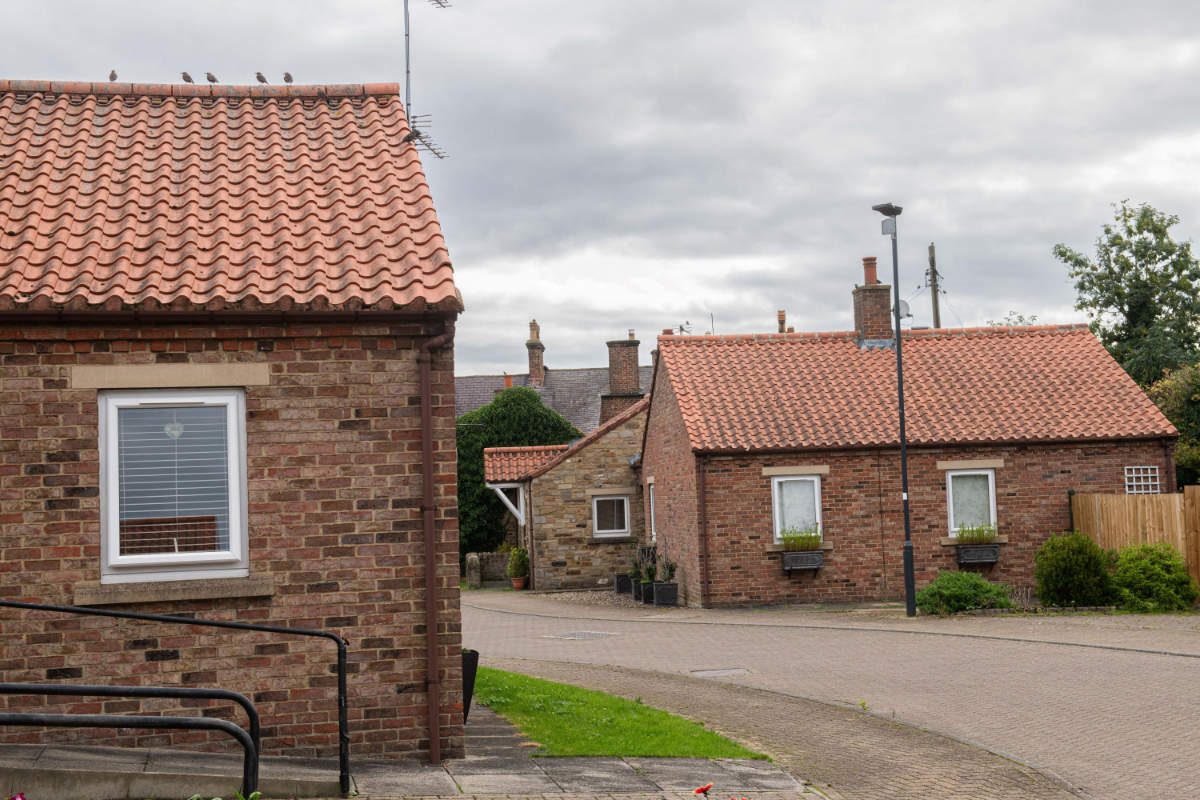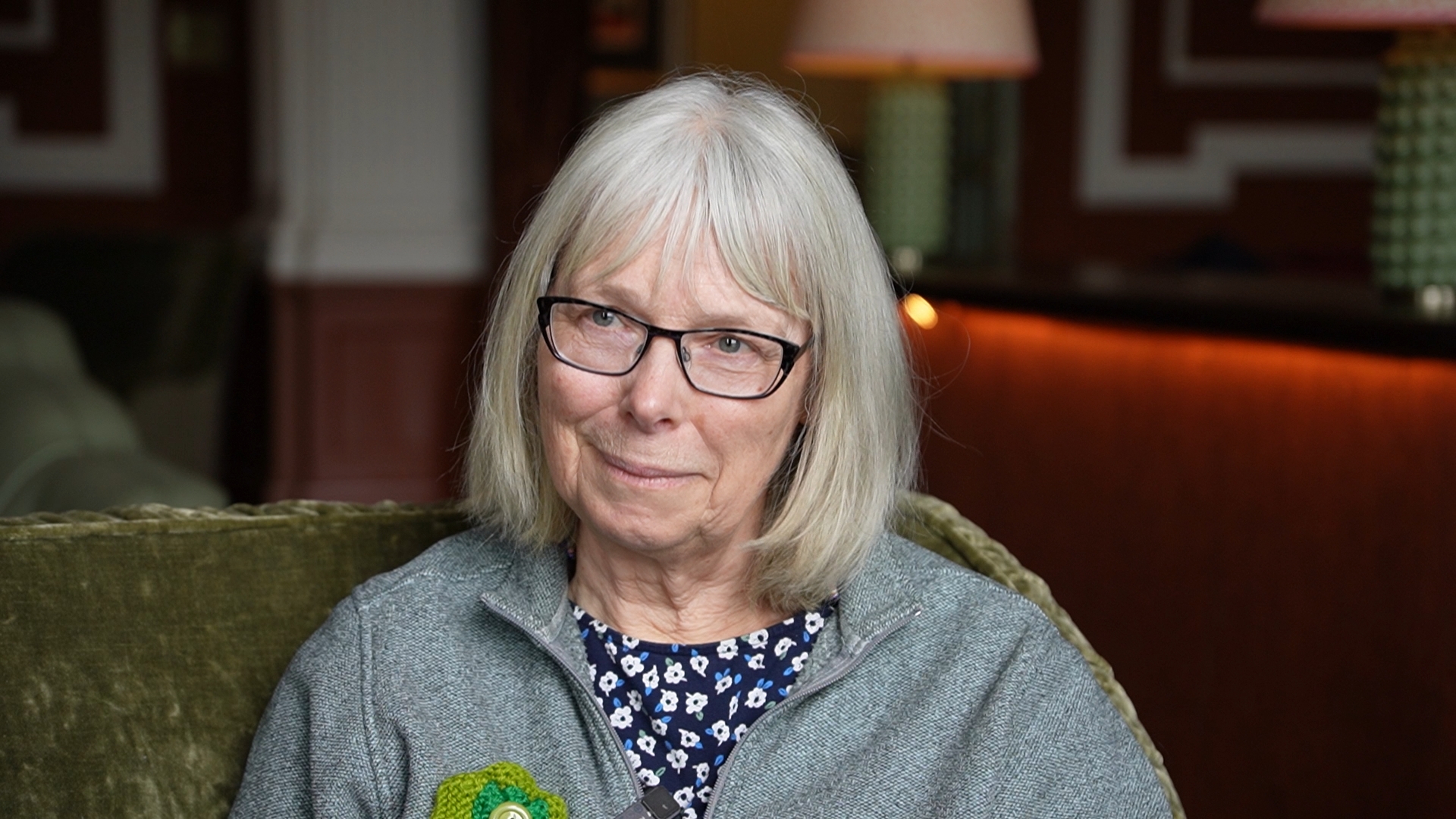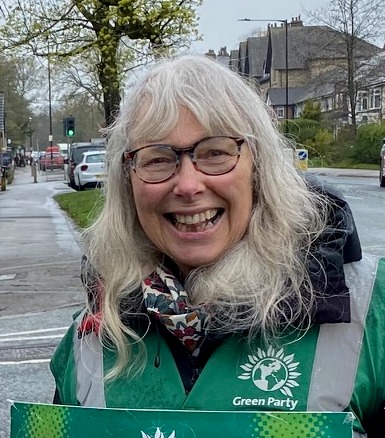 The Marriage (Same Sex Couples) Bill would enable same-sex couples to get married in both civil and religious ceremonies, where a religious institution had formally consented, in England and Wales.
The Marriage (Same Sex Couples) Bill would enable same-sex couples to get married in both civil and religious ceremonies, where a religious institution had formally consented, in England and Wales.
It also allows couples who had previously entered into civil partnerships to convert their relationship into a marriage.
The Bill receives its second reading and vote today (5 February 2013)
All three main party leaders are allowing a free vote on what is seen as a conscience issue. The issue is seen as dividing the Conservative Party and has been personally championed by David Cameron.
For the Labour Party, Leader, Ed Miliband has said he would proudly vote in favour and would actively urge his MPs to join him in making an important step forward in the fight for equality in Britain.
Conservative MP for Harrogate and Knaresborough has clearly given a great deal of consideration to the matter.
Andrew Jones MP said:
I intend to vote for the same-sex marriage bill in the House of Commons, which would allow same sex couples to marry in a civil ceremony (i.e. in a registry office or at an approved premises such as a hotel) or on a religious premises if their organising body chooses to opt in.
I respect that people have strongly held views on both sides of the argument, and have listened carefully to the points that have been put to me. As this is a contentious issue on both sides of the debate it is right that I should define the terms of that debate which led me to this decision.
I start considerations on this matter from believing that marriage is a strong building block in society, irrespective of whether it is church or civil marriage.
Andrew Jones MP explained further:
It would help to set out what I do not think are material considerations in this matter.
This vote is not about homosexuality. Most gay men and women – like most heterosexual men and women – are ordinary people with ordinary lives contributing to society in a positive way. People are people. Most are good and some are not, but that is not decided by sexuality.
This debate is not about what the Bible does or doesn’t say or about demonising those who believe the Bible’s teachings support or do not support homosexuality or gay marriage. I respect people of faith and I respect their right to hold views about the meaning of the Scriptures. Both sides of this issue have quoted the Bible to support their arguments.
To my mind this vote is not about whether Parliament has the right to ‘redefine’ marriage. Marriage has changed throughout the centuries, whether it be the age at which people can marry, whether divorcees can remarry in church, whether civil marriage in a registry office is true marriage. The definition of marriage has changed significantly in the past and therefore I do not think there is a principle about marriage being ‘unchanging’.
The debate is also not about whether teachers will have to ‘endorse’ same-sex marriage when teaching children about relationships. Teachers already educate about civil partnerships, slavery, communism and different religions. Teachers are professionals, they teach objectively. They do not ‘endorse’ any of these subjects. They teach that these matters exist or that they happened.
This debate is not about adoption. Gay couples can already adopt. Most people – including me – believe that the place for a child to be brought up is in a happy stable home, typically with their mother and father. But this does not mean that single parents, relatives and gay couples cannot bring children up as successfully. They certainly do and nothing in this bill will change current adoption arrangements.
This debate for me is recognising the importance of marriage and its role in society, together with the safeguards for those religious institutions who wish to have no part in same-sex ceremonies.
I have already said that I believe marriage to be an important building block in our society, by strengthening commitment. The bill provides for equal marriage, so opens the door to extending the positives of marriage to more people. More commitment in our society is a good thing to me. I recognise, however, that there is an impact on religious freedom.
I have, therefore, closely examined the so-called quadruple lock which aims to prevent those religions and those churches who do not wish to undertake same-sex marriages having to do so.
The Church of England currently does not have the right to turn away people who wish to marry. To overcome this historic position and protect religious freedoms, the quadruple lock specifically exempts the Church of England from conducting same-sex marriage as the church of the state – although some officials, including in Harrogate, have indicated that they wish to conduct same-sex marriages if the legislation becomes law.
Other religions can choose whether or not they wish their churches to conduct same-sex ceremonies. Even if a religion chooses to do so then individual churches and individual ministers have to opt in and cannot be compelled to carry out same-sex ceremonies. I strongly believe in religious freedom.
Many people have expressed fear that human rights lawyers may be able to overturn such arrangements. I have spoken to government ministers and examined the situation in other countries which already have same-sex marriage. Nowhere have similar safeguards been overturned.
My judgement that the ‘quadruple lock’ will indeed prevent churches from being compelled to conduct same-sex marriages has therefore been a significant factor in being able to support the legislation. The attached document gives the Government’s legal view of the concerns that have been raised.
I regret that we are having this debate at all. It has allowed people to think that Parliament’s focus is not firmly on economic recovery. I can assure constituents that it is and I can assure them that this, in addition to my duties as a constituency MP, is where my focus lies.
Th proposals are opposed by the Church of England and its new Archbishop of Canterbury Justin Welby.
A Church of England statement:
The Church of England cannot support the Bill, because of its concern for the uncertain and unforeseen consequences for wider society and the common good when marriage is redefined in gender-neutral terms.
This reshaping and unnecessary politicising of a fundamental social institution, which predates church and state, did not feature in party manifestos, was not included in the last Queen’s Speech and has no mandate from the Government’s own consultation exercise. The legislation has also been prepared at great haste and as a result relies on an unacceptably wide use of secondary legislation.
We do not doubt the Government’s good intentions in seeking to leave each church and faith to reach its own view on same sex marriage and including provisions in the Bill to protect them from discrimination challenges. If the Bill proceeds into law it is essential that the various ‘locks’ in the Bill are preserved as drafted. The Church of England, whose clergy solemnize around a quarter of all marriages in England, has sought no more safeguards in substance than those provided for other Churches and faiths.
The Church of England recognises the evident growth in openness to and understanding of same sex relations in wider society. Within the membership of the Church there are a variety of views about the ethics of such relations, with a new appreciation of the need for and value of faithful and committed lifelong relationships recognised by civil partnerships.
Civil partnerships have proved themselves as an important way to address past inequalities faced by LGBT people and already confer the same rights as marriage. To apply uniformity of treatment to objectively different sorts of relationship – as illustrated by the remaining unanswered questions about consummation and adultery- is an unwise way of promoting LGBT equality.
The continuing uncertainty about teachers, the position of others holding traditional views of marriage working in public service delivery, and the risk of challenges to churches in the European courts despite the protections provided, suggest that if the legislation becomes law it will be the focus for a series of continued legal disputes for years to come.
Julian Smith the MP for Ripon and Skipton has said he will be voting for the Bill.
Julian Smith MP said:
It is my belief that these proposals are designed to strike the right balance between protecting important religious freedoms while ensuring that same sex-couples are afforded the same level of equality as opposite sex couples when it comes to marriage. As a result I back the Prime Minister’s approach in his support of equal marriage, not least because of the importance of commitment in strengthening our society.
However, freedom of religious belief is something I have always strongly supported. That is why I have been working hard through the development of this legislation to ensure there are vital safeguards in place for organisations that don’t want to take part in same-sex marriage. I am now confident that with the ‘quadruple lock’ of measures to protect religious freedoms the Government has done everything it can to ensure that no challenge either through domestic or European courts will be successful.
This is an issue where people have strong views. I respect everyone’s position, understand people’s views and have listened carefully to every argument that has been put forward to me. I would never support legislation that did not allow for the absolute protection of religious organisations.
Marriage has never been static. It has evolved. In the 19th century, inequalities prevented Catholics, atheists, Baptists and many others from marrying except in the Anglican Church. In the 20th century, the law was changed to recognise married men and married women as equal before law. Marriage reform has ensured that as society has changed, so marriage has changed and has become available to a broader range of people. I believe this legislation continues that tradition.
MPs will vote today (5 February 2013) on the proposals for the first time when the Marriage (Same Sex Couples) Bill has its second reading.






